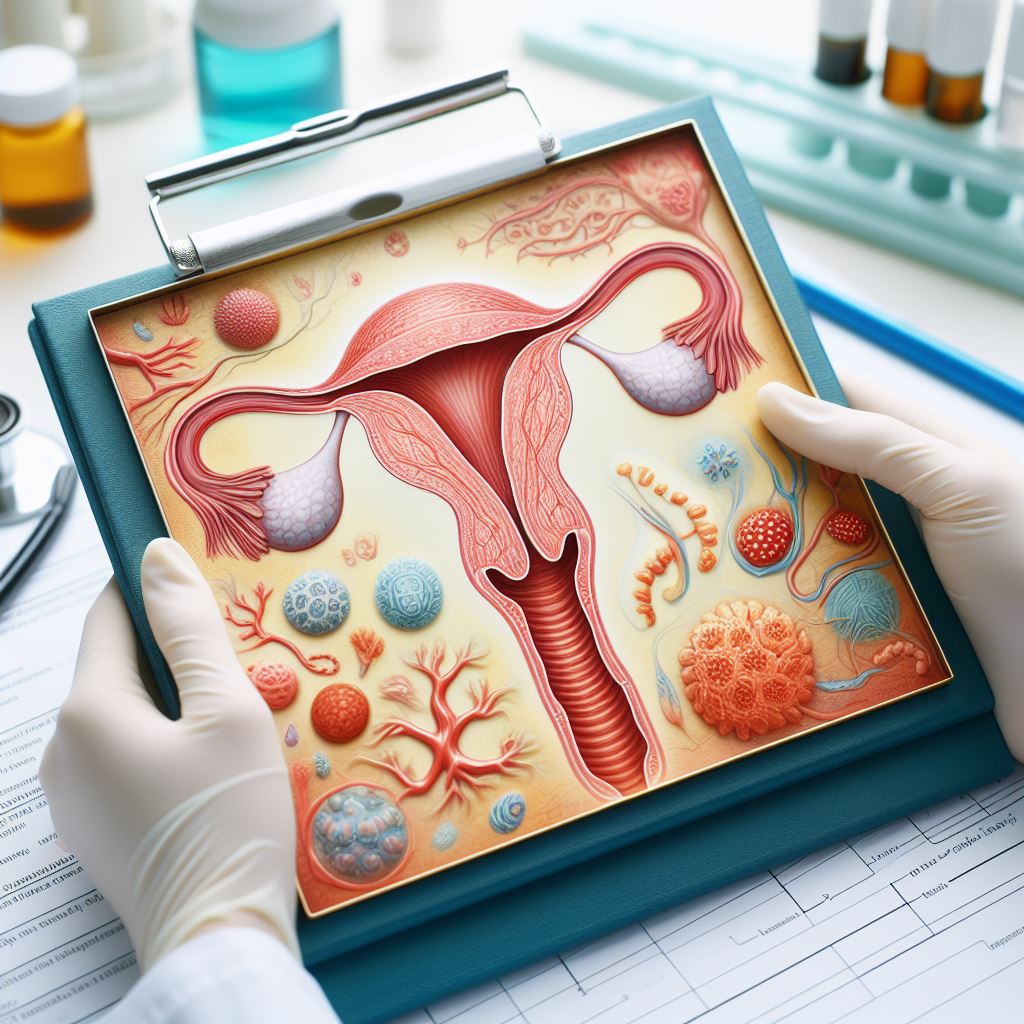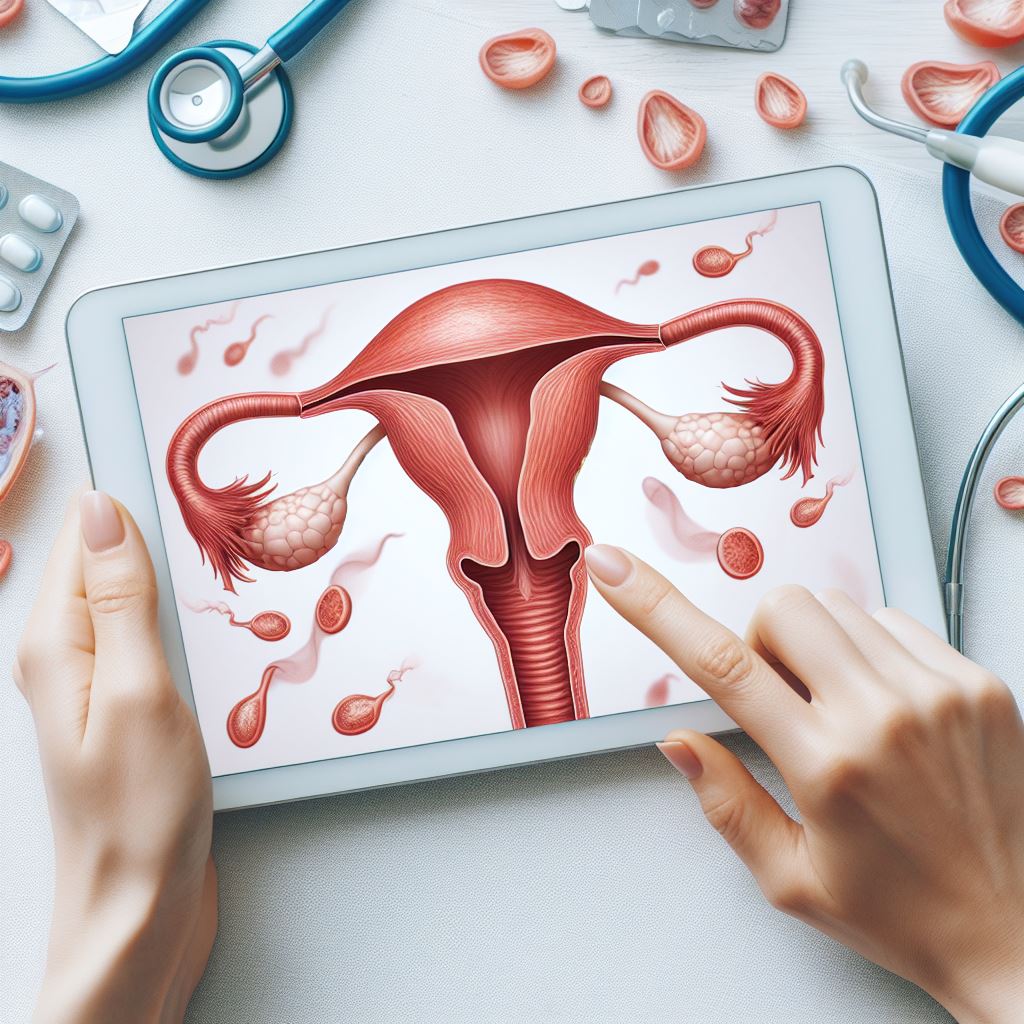Introduction:
Ovarian dysfunction is a significant factor in infertility, impacting numerous women on their journey to motherhood. This condition involves a spectrum of disorders that hinder the ovaries’ ability to produce and release eggs effectively. This article aims to unravel the complexities of ovarian dysfunction, examining its causes, effects on fertility, and potential treatment options. Our goal is to provide comprehensive and accessible information to those grappling with these challenges, offering a beacon of hope and guidance on the path to parenthood.
Decoding Ovarian Dysfunction
Ovarian dysfunction encompasses various conditions, including Polycystic Ovary Syndrome (PCOS), premature ovarian insufficiency, and ovulatory disorders, each affecting ovulation and menstrual regularity. Understanding the nature of ovarian dysfunction is vital for identifying effective treatment strategies. These conditions can manifest in different ways, ranging from irregular menstrual cycles to the complete absence of ovulation, each requiring a unique approach for management.
Exploring Causes and Risk Factors
The roots of ovarian dysfunction are diverse, often intertwined with genetic, lifestyle, and environmental factors. Hormonal imbalances involving estrogen and progesterone are common culprits. Key risk factors include age, specific medical treatments (like chemotherapy), autoimmune disorders, and lifestyle elements such as stress and weight changes. Identifying these factors is essential for tailoring treatment to individual needs.
Fertility Implications and Diagnosis Techniques
Ovarian dysfunction can significantly impede the ability to conceive, primarily due to inconsistent ovulation and egg quality issues. Symptoms like irregular or painful periods may indicate underlying problems. Diagnosing ovarian dysfunction typically involves reviewing medical history, hormone level blood tests, and ovarian imaging. Early diagnosis can greatly enhance the effectiveness of treatment plans.
Treatment Avenues and Fertility Enhancement
Treatment for ovarian dysfunction is contingent on the underlying cause and the individual’s reproductive goals. Fertility medications like Clomiphene and Gonadotropins are often used to stimulate ovulation. Assisted reproductive technologies, such as IVF, offer additional avenues for conception. Complementary lifestyle changes—achieving a healthy weight, stress management, and a balanced diet—also support fertility treatment.
Conclusion
Navigating ovarian dysfunction and its impact on fertility can be daunting, but understanding this condition and exploring treatment options can illuminate the path to successful conception. For those journeying through this complex terrain, support and specialized guidance are crucial. Eileen, a fertility coach and yoga teacher, is dedicated to providing personalized care and strategies to enhance your fertility journey. Reach out to Eileen for expert advice and compassionate support tailored to your unique path to parenthood.






